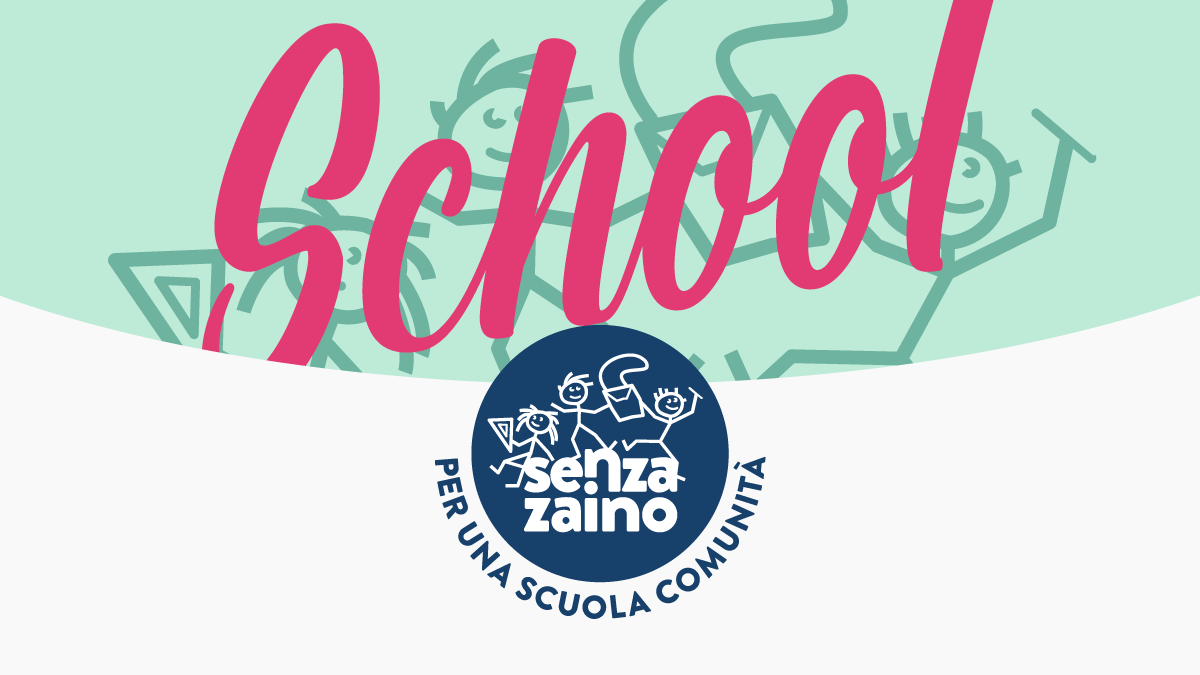In an era when schools face widening inequalities, growing social fragmentation, and the challenge of educating young people in a rapidly changing world, Italian educators are reimagining what it means to teach and learn with humanity. They are asking: How can schools become places of hospitality, community, and responsibility—spaces that nurture both knowledge and character?
Those questions were at the heart of the conference “A School of Values: Hospitality, Community, and Responsibility for a New Educational Humanism,” held in Milan on October 17, 2025, in collaboration with the Regional School Office for Lombardy.
The event brought together about 160 school leaders and teachers from across Lombardy—many from the Senza Zaino (“Without Backpack”) network—to reflect on how schools can respond to today’s ethical and cultural challenges through renewed educational humanism. The participation of representatives from the Regional and Territorial School Offices underscored the institutional importance of this shared reflection and the commitment to grounding education in community-based values.
Jointly promoted by IC Thouar Gonzaga (Milan), IC Leno (Brescia), and IC Daniele Spada (Sovere, Bergamo), the initiative sought not to celebrate a single pedagogical model, but to create a space for collective dialogue on the moral and social purpose of education.
The morning session opened with remarks from Luciana Volta, Regional Director of the Lombardy School Office, and Letizia Affatato, Director of the Milan Territorial Office. They emphasized the responsibility of Italy’s educational institutions to connect national policy with local realities, ensuring that every school can serve its community’s unique needs.
Professor Italo Fiorin, one of Italy’s leading pedagogists, delivered the keynote address. Known for his humanistic and community-centered philosophy, Fiorin outlined a vision of education rooted in service learning and ethical responsibility—where meaning-making, collaboration, and moral awareness are the foundations of learning.
Three subsequent dialogues explored essential dimensions of educational practice:
Vanda Mainardi and an assessor from the Municipality of Brescia discussed School and Community;
Salvatore Lentini and architect Mao Fusina examined Learning Environments;
Adriana Colloca conversed with Dr. Roberto Ricci, President of INVALSI, about Teaching Differentiation.
INVALSI—the National Institute for the Evaluation of the Education and Training System—recently released its 2025 National Report, offering a nuanced view of Italian education. Early school leaving has fallen below 10%, and digital literacy has improved, yet persistent social and regional divides remain, alongside stagnant results in reading and mathematics. These trends underscore a central tension: how to ensure that inclusion and quality advance together.
As Ricci observed, “data can inform, but only relationships educate.” True progress requires schools that not only retain students but also enable each one to achieve meaningful learning outcomes. Differentiation, in this sense, is not merely a teaching strategy—it is the bridge between equity and excellence, the principle that allows fairness and quality to coexist.
In the Senza Zaino philosophy, differentiation and community are inseparable. Schools are envisioned as welcoming spaces where everyone has a place and all share responsibility for the common good. Education becomes a collective act—a daily practice of justice and participation. Research consistently shows that inclusive, collaborative environments strengthen both achievement and belonging.
The afternoon workshops brought these ideas to life. Eight sessions offered hands-on experiences in nonviolent education, inclusion, digital learning, and ethical uses of artificial intelligence. A session on “light leadership,” led by Marco Orsi, invited participants to rethink leadership as trust and empowerment rather than control. Daniela Pampaloni’s workshop on nonviolence explored ways to teach empathy, respect, and peaceful coexistence.
By day’s end, participants shared a common conviction: that schools remain vital spaces for cultivating humanity. In a society increasingly shaped by technology and uncertainty, education must once again become an act of hospitality—an invitation to learn, grow, and live together in community.

